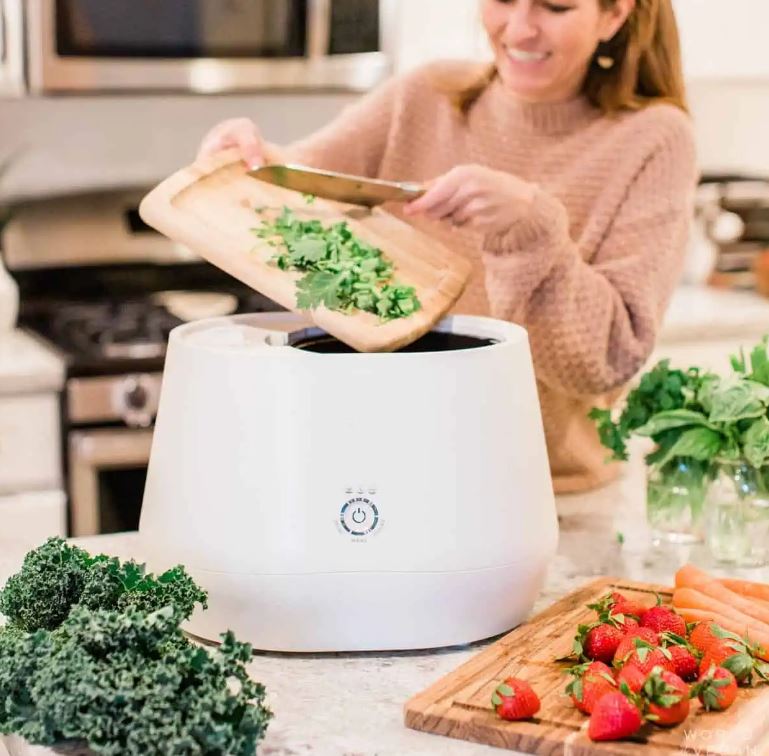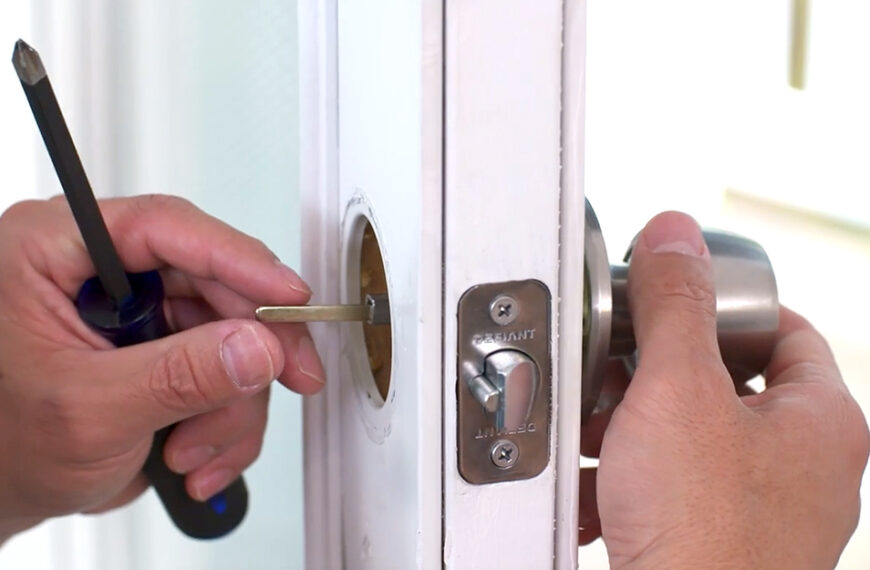Composting doesn’t have to involve pitchforks, piles, or perfect timing. Many gardeners want the benefits of composting like healthier soil, less kitchen waste, and a more sustainable home, but don’t have the time or space for a traditional setup. For those who prefer a low-maintenance approach, electric composting tools make it possible to compost efficiently all year, without stepping into the backyard or managing a pile.
Electric composters simplify the process. With the push of a button, they transform food scraps into dry, nutrient-rich material that can be stored or added directly to garden beds. They work indoors, operate quietly, and fit easily into kitchens, providing a reliable solution for gardeners who want results without ongoing effort.
Why traditional composting falls short in colder months
Backyard composting often slows down or stops during winter. Cold temperatures reduce microbial activity, drop moisture levels, and take much longer to break down food scraps. For gardeners who rely on compost to feed their soil, this seasonal slowdown creates gaps in supply and leads to wasted kitchen scraps.
An electric composter solves this issue by providing controlled, indoor processing. Heat, airflow, and grinding mechanisms stay consistent regardless of outdoor conditions. Users can process food waste overnight instead of waiting months for compost, even in winter. This consistency is key for gardeners who want to support their plants year-round without weather limitations.
How electric composters support a low-effort gardening routine
An electric food composter runs on short cycles that typically last a few hours. This allows gardeners to turn food waste into usable compost multiple times a week, without having to monitor moisture or turn piles. The process requires minimal involvement, and the compost output is dry, odor-free, and easy to store.
These tools are particularly helpful for people with small spaces. Urban gardeners, apartment dwellers, and anyone with limited outdoor access can still create high-quality compost indoors. Since electric composters eliminate pests and smells, they’re well-suited for kitchens and enclosed areas. This removes one of the most common barriers to composting: inconvenience.
An electric composter also simplifies compost management with its consistent output. Gardeners can mix the dry compost into raised beds, containers, or in-ground plots. For those who grow indoors or maintain balcony gardens, having a steady source of compost supports soil health and reduces the need for store-bought inputs.
How composting benefits even the most casual gardener
Compost improves soil structure, supports microbial life, and helps retain moisture. These benefits apply to all types of gardening, from full vegetable beds to potted herbs. It provides a natural and effective alternative for gardeners who don’t want to rely on synthetic fertilizers.
An electric food composter gives gardeners consistent access to compost, even during off-seasons. This helps maintain healthy soil through winter and early spring, preparing the ground before planting begins. The compost can also be stored for future use, allowing flexibility in application.
Small gardens especially benefit from regular compost additions. With limited soil volume, nutrients deplete faster. Compost replenishes these nutrients, supports root growth, and increases plant resilience without requiring constant input from the gardener.
Why electric composting fits into a sustainable home routine
Electric composters reduce landfill waste by processing food scraps that would otherwise be discarded. This supports a circular system where waste becomes a resource. This change can make a measurable impact on households aiming to live more sustainably.
Many models are energy-efficient and built to operate quietly in the background. Over time, the volume of compost produced adds up, supporting home gardens and a broader goal of reducing environmental impact. By integrating composting into daily kitchen habits, gardeners reduce their reliance on disposable products and contribute to long-term soil health.
Electric composting also encourages mindfulness about food consumption and waste. When households see how much waste they generate and how easily it can be useful, they often shift their habits. This leads to smarter shopping, less waste overall, and more conscious decisions about how food is used, stored, and discarded.
Conclusion
Low-maintenance gardening doesn’t mean skipping necessary steps, but finding better ways to get results. An electric food composter gives users a practical way to create compost consistently, regardless of the season. They provide the right balance of convenience and impact for gardeners who want to support their plants, reduce waste, and stay connected to the soil without constant effort.














